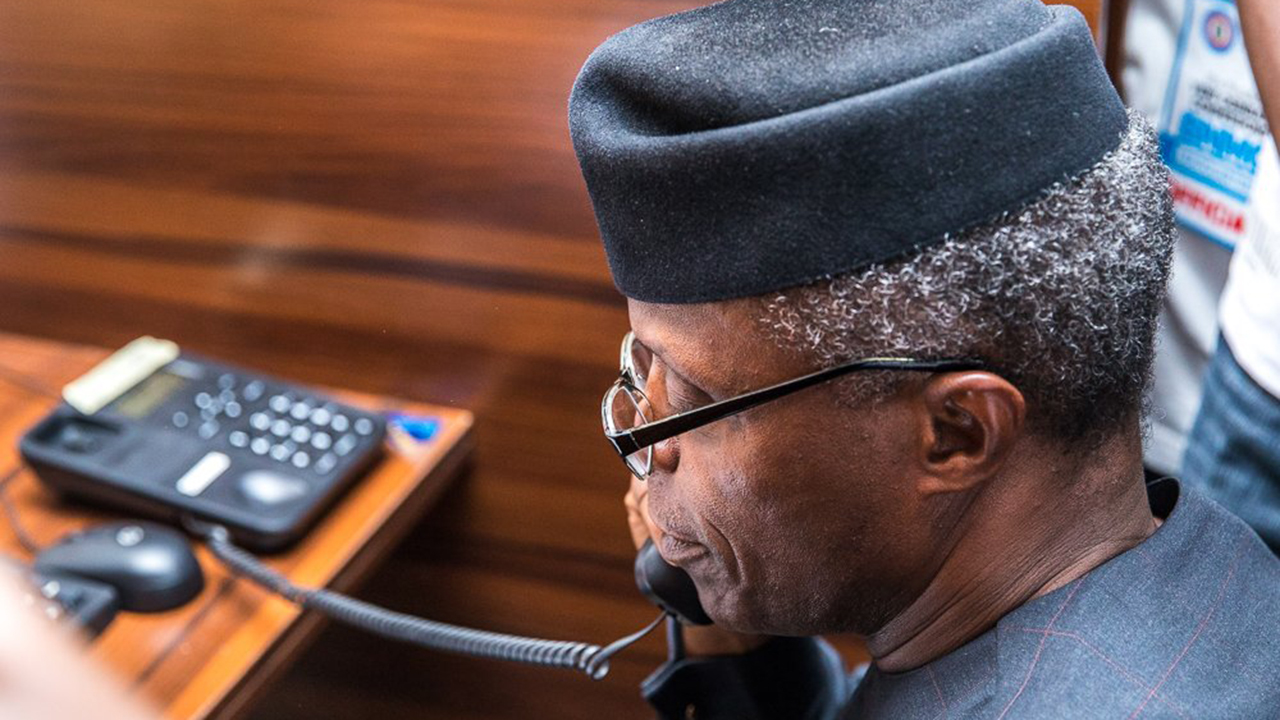The walls have ears, but they don’t have mouths.
– African Proverb
Dear politicians, it’s time to wake up and smell the cybersecurity coffee. It’s not enough to simply brush off phone conversations as a casual chat between two friends. In today’s day and age, every word spoken on a phone can be intercepted, recorded, and leaked to the public domain.
In case you missed it, a leaked phone conversation between Nigerian presidential candidate Mr Peter Obi and Bishop David Oyedepo made the rounds on social media recently. The conversation contained some sensitive information that could potentially harm his future prospects of becoming Nigerian president, particularly with some sections of the country that are very sensitive with religion!
Now, I am not saying that Mr Obi did anything wrong. I am not even sure if the so-called leaked phone conversation is even authentic considering the numerous artificial intelligence generated by content generators that have flooded our space now. After all, phone conversations are supposed to be private and confidential. Well, not so fast. In today’s digital age, every phone call is susceptible to being intercepted and recorded. And let’s face it; politicians are some of the most high-profile targets for espionage and blackmail.
That’s why I am here to offer some few cybersecurity advice and enlightenment on the importance of awareness when it comes to phone conversations, particularly about spyware.
Spyware is a type of software that is designed to spy on a user’s activity without their knowledge or consent. It can be installed on your phone without you even knowing it’s there. Once installed, it can record your phone calls, and text messages, and even track your location.
So, how do you protect yourself from spyware? First and foremost, be careful about the apps you download and the links you click on. Avoid downloading apps from untrusted sources, and be wary of clicking on links in emails or messages from unknown senders.
You should also keep your phone’s operating system and apps up to date. Software updates often include security patches that address vulnerabilities that can be exploited by spyware.
Another important thing to keep in mind is to never share your phone with anyone you don’t trust. If you suspect that someone has installed spyware on your phone, you should immediately change your passwords and reset your phone to its factory settings.
However, even if you take all of these precautions, you’re still not 100% safe from spyware. That’s why it’s important to use encrypted messaging and calling apps, like Signal or WhatsApp, to communicate sensitive information. And of course, never discuss anything sensitive on a public phone line. If you must have a private conversation, use a secure phone line or meet in person.
Now, we know what you’re thinking. “But I’m not doing anything illegal or controversial. Why would anyone want to spy on me?” Well, the truth is that it’s not just about illegal or controversial activities. It’s about your privacy and your personal and professional relationships.
If your phone conversations are being recorded and leaked to the public, it doesn’t matter whether you’re discussing classified information or what you’re having for dinner.
The fact that your conversations are being recorded and leaked without your knowledge is a violation of your privacy. And let’s not forget about the potential consequences of a leaked phone conversation. It could damage your personal and professional relationships, harm your reputation, and even cost you your job or your campaign.
Another possibility is that the recordings were obtained from the servers of our service providers (MTN, GLO and Airtel). This would be considered a serious breach of privacy and a violation of the service level agreement between the two individuals involved.
In this case, Mr Obi may need to challenge this in a court of law to test the strength of our Cybercrime (Prohibition, Prevention,) Act of 2015 and the Nigeria Data Protection Regulation (NDPR) of 2019.
However, my assumption is that Mr Obi may not want to take this route as it would confirm that it was indeed his voice that was recorded.
So, politicians, I urge you to take cybersecurity awareness seriously. It’s not enough to assume that your phone conversations are private and confidential.
Be vigilant about spyware, use secure messaging and calling apps, and avoid discussing sensitive information on public phone lines. And most importantly, remember that in today’s digital age, privacy is beyond luxury, and it can be easily compromised.
Yes, Daddy.
Thank you, Daddy.
Stay safe Daddy.
Dr Shafi’i Hamidu wrote in from Doha, Qatar

 Join Daily Trust WhatsApp Community For Quick Access To News and Happenings Around You.
Join Daily Trust WhatsApp Community For Quick Access To News and Happenings Around You.


